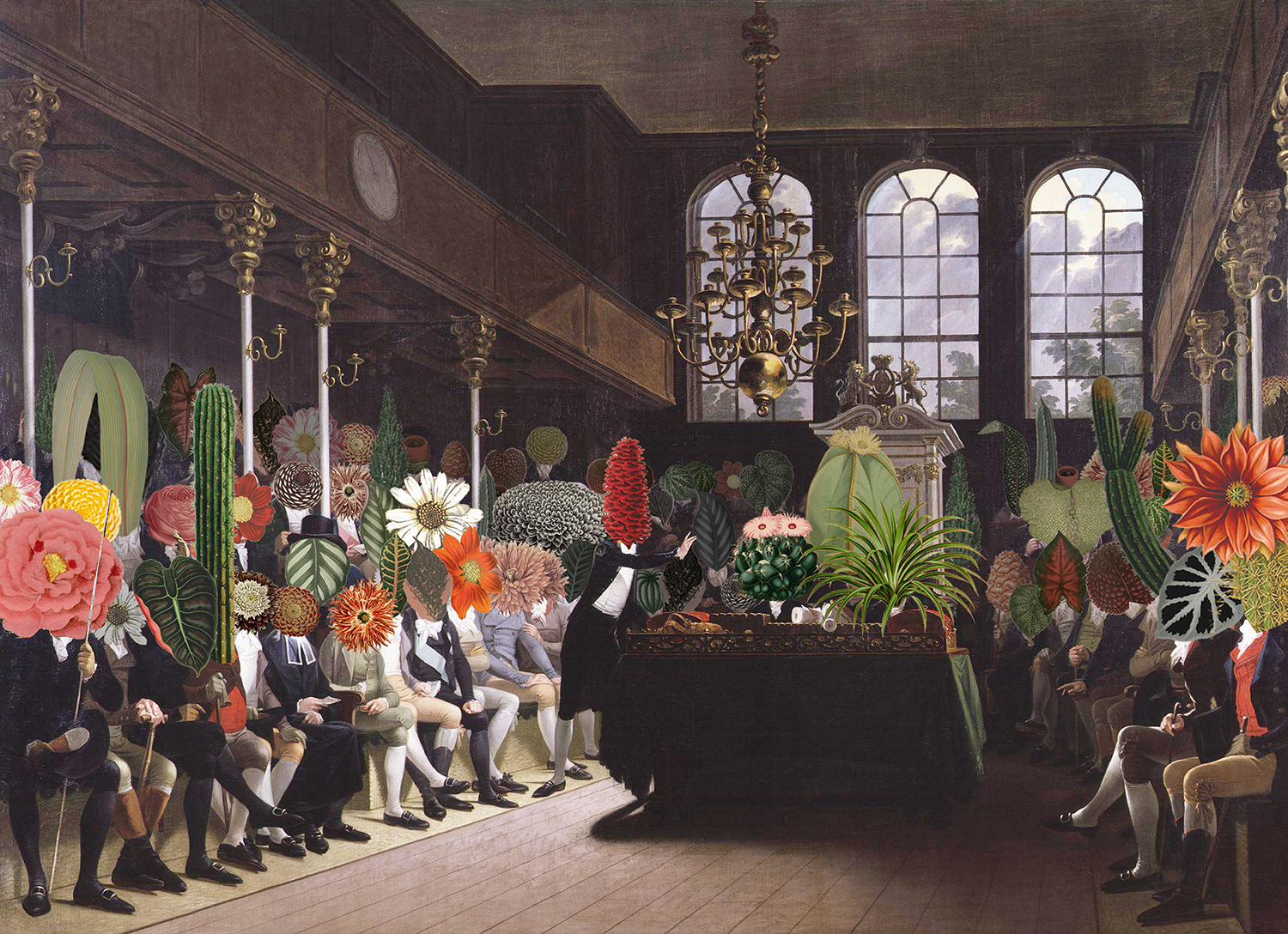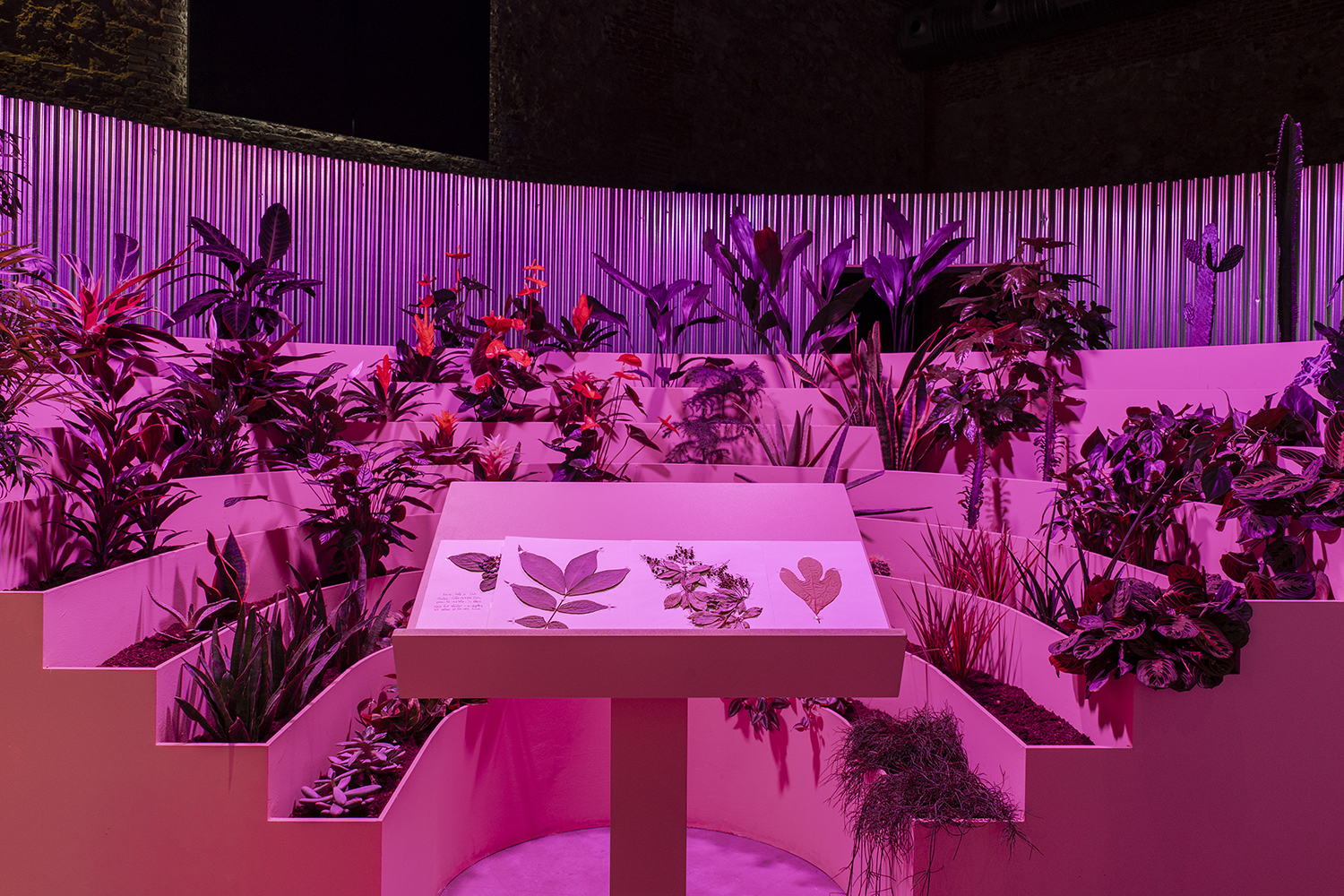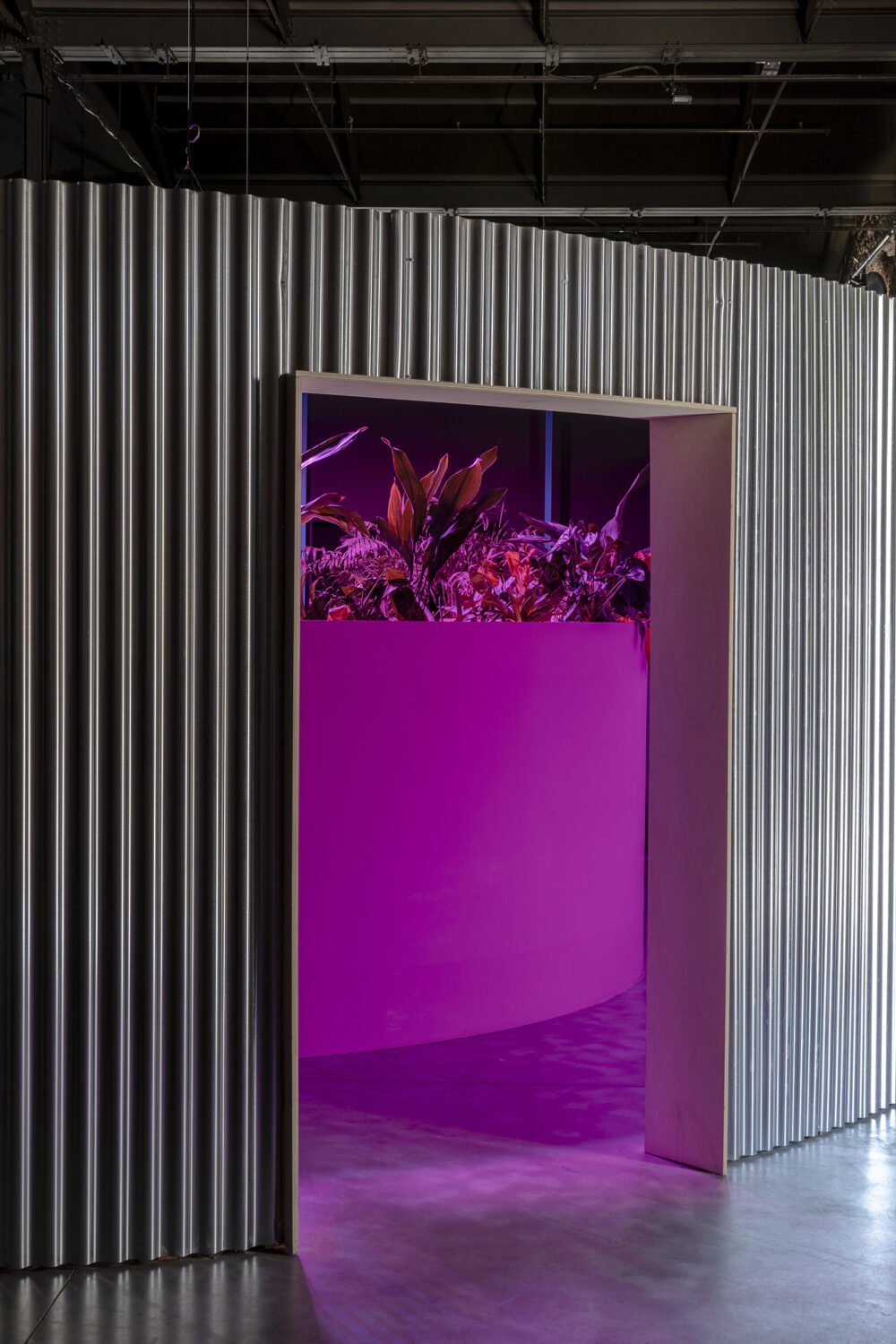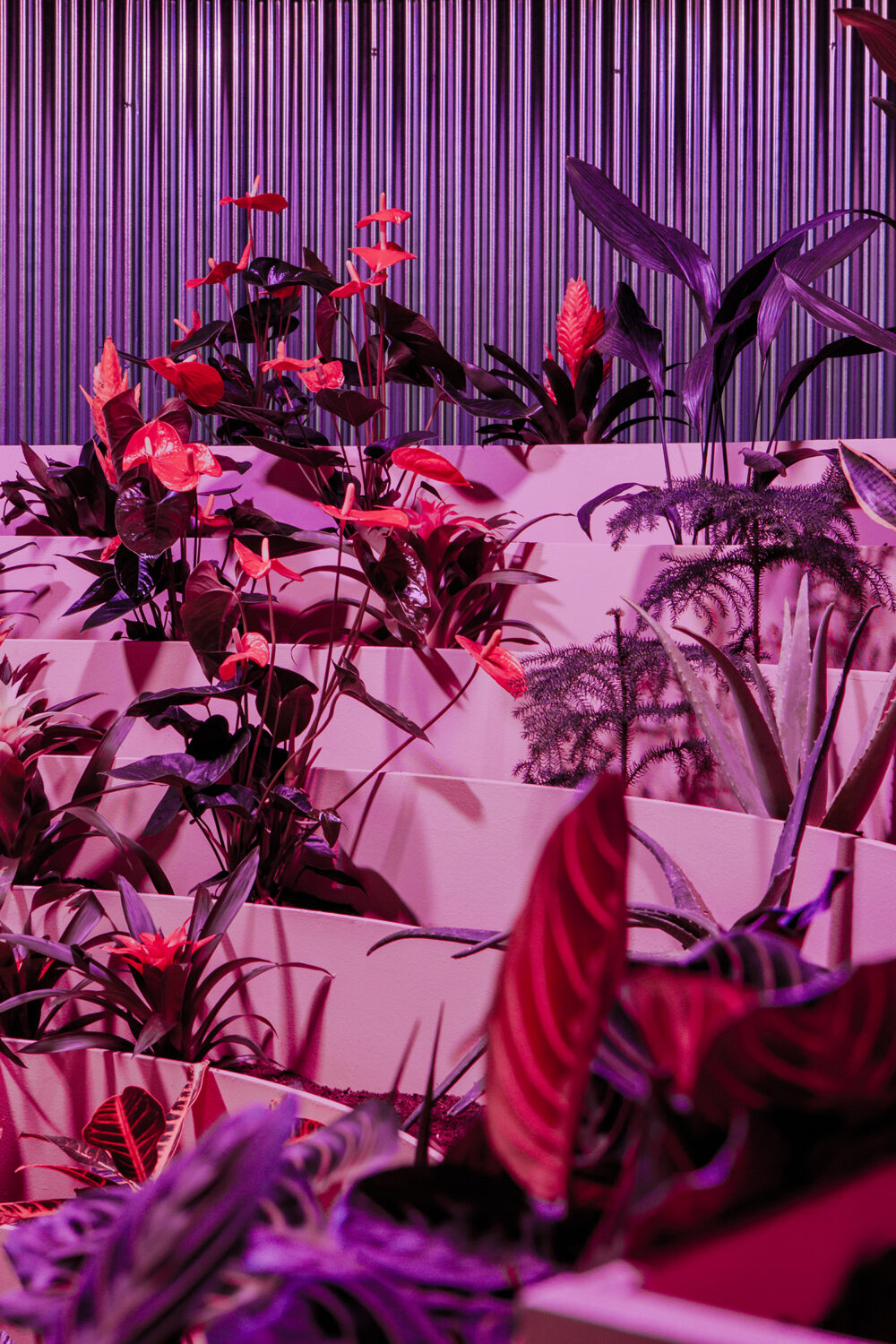
Exhibition, What is radical today“, Royal Academy of Arts, London (2019)
Curator Gonzalo Herrero Delicado

Celine Baumann
Landscape Architect
Celine Baumann Studio
In order to cope with the current ecological collapse and the upcoming sixth mass extinction, we need to be able to, in the words of Donna Haraway, “play string figures with companion species” and “refuse human exceptionalism”. It is high time we redefined our role amongst other species, considering the natural world as a network of relations that is multifaceted and intersectional.
In recent years, scientists, botanists and scholars are increasingly probing the notion of plant sentience. Indigenous relations of mutual care and assistance shared between humans and nonhumans are being acknowledged more widely, corroborated by recent research in the field of plant neurobiology and arboreal communication. Switzerland reported on the issue of vegetal dignity, setting a frame of reference towards “the moral consideration of plants for their own sake”. While the Anthropocene fosters the myth of human supremacy, a post-Anthropocene view embraces the notion that plants are our oldest teachers and share stories about their more-than-human knowledge.
The Parliament of plants proposes an urban environment where the wisdom of plants is highly valued, where the flora is on equal terms as the humans inhabiting the planet. Citizens have a great respect for their knowledge of social and economic biotopes, as well as their deep knowledge of natural processes. The woody, leafy, and flowering beings head the parliament of the sixth city since its founding, becoming the first green democracy known to the world. The Parliament of Plants gives voice to the botanic world, addressing issues of race, gender, and normativity from an intersectional perspective. By opening a postanthropocentric space for reflection, this parliament challenges the belief that matter and intelligence are disassociated, considering flora as something more than a mere commodity. It explores the power of trees, shrubs, flowers, and grasses as a source of inspiration and it poses alternatives in the way we design and act in our current times of political uncertainty and climate change.
With similar protocols to those currently used in the legislative arena, in this parliament of vegetation, plant legislators from different origins convene on a daily basis to debate current issues. Yet in contrast to the constant confrontation and tension found in “human” political contexts, this parliament of plants usually comes to a consensus and manages to come to agreements —despite having divergent views—because its members are aware of the importance of taking measures and acting decisively in areas regarding ecology, inclusion, tolerance, and diversity, with the understanding that their administration can only act towards the common good, basing their decisions on the principle of mutual care and support.




